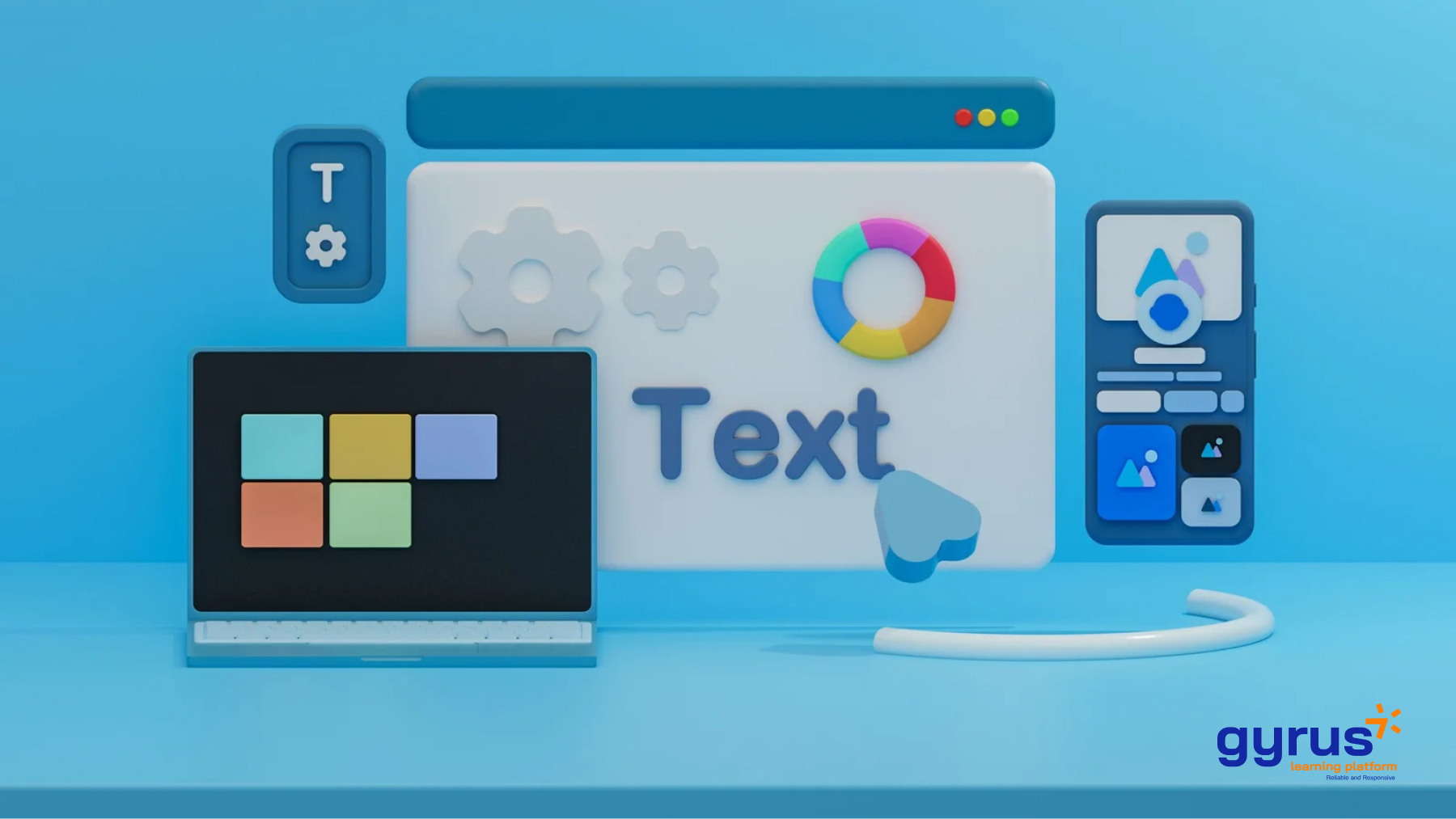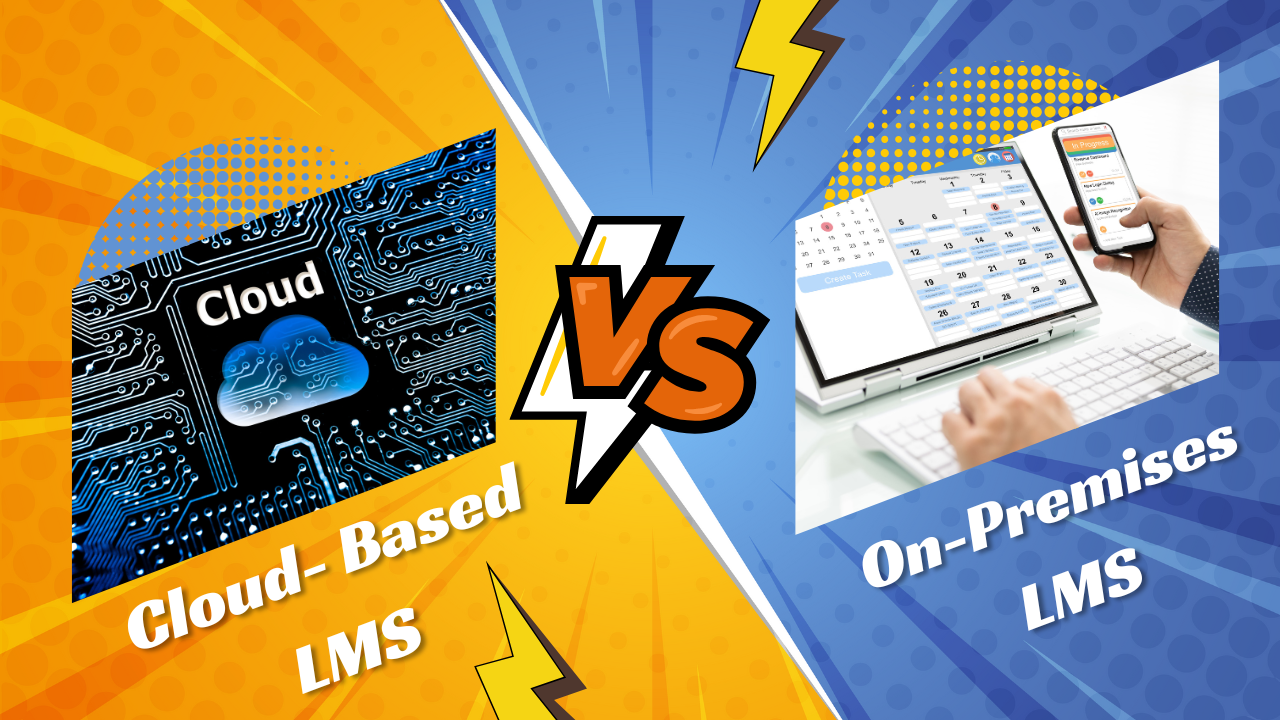Training and Development (T&D) is often a function that is largely not spoken about too much, but is perhaps one of the most important ones when it comes to ensuring optimal company performance. In today’s age, as with other business functions, T&D has become a complex exercise, partly because of the need for quick skill upgradation expected in workplaces, and because teams are spread across multiple locations. Thus, multichannel learning evolved out of the necessity to address such issues.
What is Multi-Channel Learning
Multi-channel learning refers to the process of learning across multiple channels which may include in-person learning or virtual learning. This may include:
- – In-classroom training sessions
- – Instructor-led virtual sessions
- – Giving away printed learning modules
- – Podcasts
- – Pre-recorded training videos
- – Presentation-based modules with human voice-over
How Multi-Channel Learning helps Organizations
The following are ways in which adopting a multi-channel learning/training approach helps companies:
- – Different topics are best taught through different formats of training modules. By adopting a multi-channel learning approach, trainers are no-longer restricted to the use of one specific format. They can decide to impart training in a format they feel is the best suited for the specific topic. This enables trainers to maximize the effectiveness of training.
- – In today’s organizations, teams are spread over different geographical regions. In the past, for training purposes, all such members had to be assembled at one place. This would mean having to spend on their travel, hotel accommodation, and also on having more space to conduct training (which meant office rentals would be higher). By using virtual training channels, the need to have all intended trainees in one place is eliminated
How LMS facilitates multi-channel learning
Conducting multi-channel learning would require a centralized platform to be able to manage the T&D exercise. This is because of the following:
- – Training programs need to be managed in a time-wise manner. An LMS allows trainers to schedule training sessions and notify intended trainees of the same.
- – For conducting virtual training (whether live or pre-recorded), one must be able to share training content with trainees located in diverse places. An LMS provides a platform to be able to store your module content in a repository as well as easily access and share it whenever necessary.
- – By providing a platform to conduct tests, trainers can easily assess the effectiveness of the training program that they have conducted as well as progress made by every trainee on different topics.
The GyrusAIM LMS that is offered by Gyrus provides all the above features. Over the years, our customizable product has been happily adopted by several clients who have benefited greatly from its use. Along with the above features, GyrusAIM also enables you to create gamified custom learning paths and also provides regular reports and analytics on an easy-to-read dashboard. If you are a business who has taken the wise decision to look for an LMS, make sure you take a free trial of our product.









